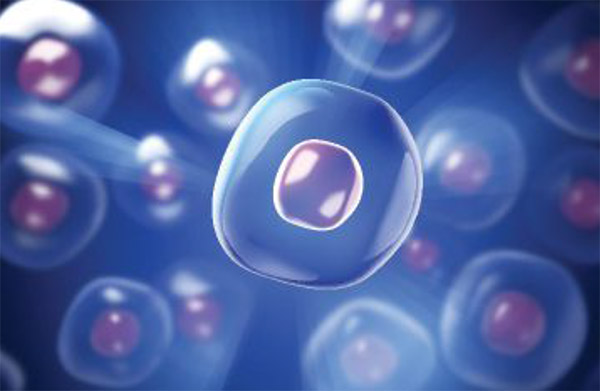Study Identifies Possible Cause of Treatment Resistance in African-American Men
 Researchers at the Roswell Park Cancer Institute in Buffalo, New York looked at prostate cancer cells from both African-American and Caucasian men. Their previous research found that African-American men have lower levels of mitochondrial genetic material in healthy prostate tissues than Caucasian men. Their new study examined mitochondrial dysfunction as a main reason for the differences in prostate cancer health between the two groups of men.
Researchers at the Roswell Park Cancer Institute in Buffalo, New York looked at prostate cancer cells from both African-American and Caucasian men. Their previous research found that African-American men have lower levels of mitochondrial genetic material in healthy prostate tissues than Caucasian men. Their new study examined mitochondrial dysfunction as a main reason for the differences in prostate cancer health between the two groups of men.
Mitochondrial dysfunction is strongly linked to resistance to chemotherapy leading to prostate cancer relapse. Treating patients with the small molecule dichloroacete can sometimes overcome mitochondrial dysfunction. However, the researchers found that dichloroacete did not restore mitochondrial function to required levels in prostate cancer cells from African-American men.
Mitochondrial dysfunction within prostate cancer cells appeared to make African-American men more resistant to chemotherapy. This places them at greater risk for metastatic disease. Lead researcher Dhyan Chandra, PhD, said, “These findings may provide an explanation for the higher incidence and mortality rates of prostate cancer among African-American men. African- American patients might get more positive outcomes after major restoration of mitochondrial function, which could improve the anticancer effects of therapy.”
The study was published online ahead of print in the British Journal of Cancer in April 2016.







